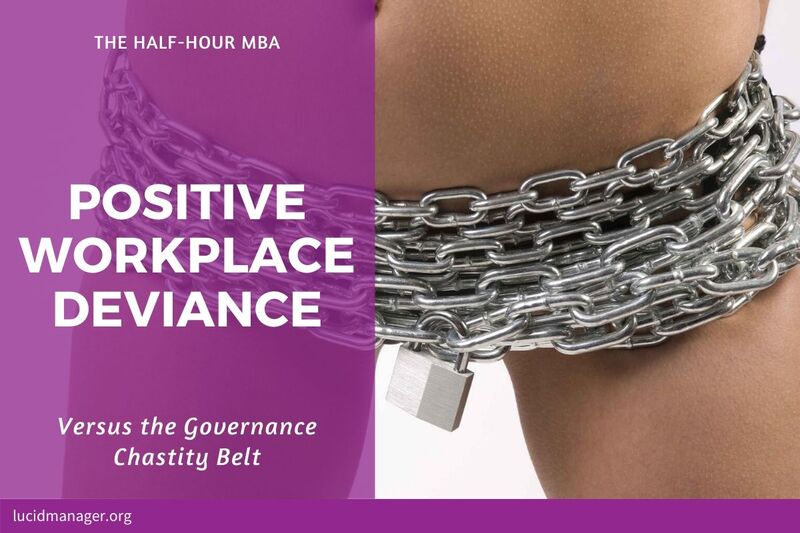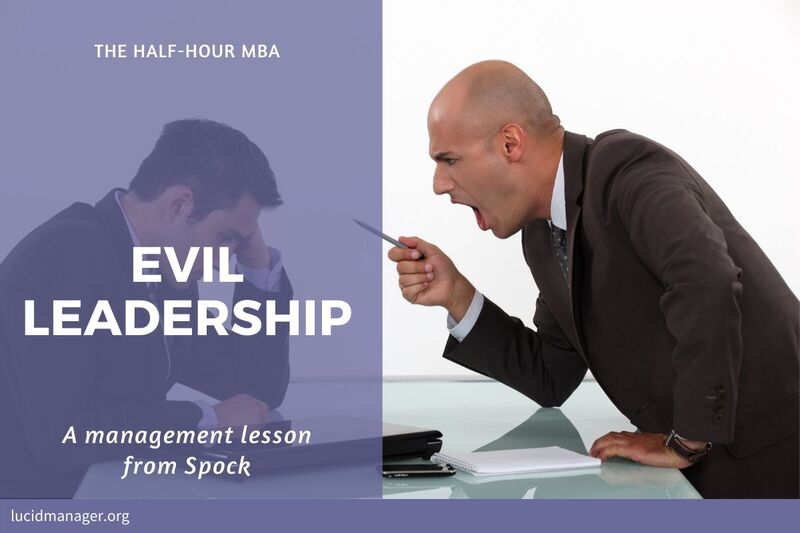
The Corporate Jester: The Teller of Organisational Truth

Peter Prevos |
349 words | 2 minutes
Share this content
In medieval times, the jester played a significant role in influential circles. Jesters, a precursor to the modern-day clown, wore bright, motley-patterned costumes and entertained the rich and powerful with their antics. Their role was not only to amuse but also to challenge their master and guests in their thinking. Jesters used to be a mirror of society, using satire to provoke the current status. This article discusses how a corporate jester can accelerate innovation by challenging the status quo.
The Historical Jester
The jester played an essential role in society because he was able to provide a unique perspective on current affairs. They were able to be critical without being concerned about internal politics and personal sensitivities. In doing so, they walked a fine line, because not being severe enough or being too critical could land them in serious trouble.
The Corporate Jester
Court jesters have disappeared from our cultural landscape, but it is time to bring this character back to the boardroom. I propose that major organisations hire a boardroom jester. The jester is allowed to attend all proceedings, say anything without punishment and use satire to hold a mirror to the people in power. The Boardroom Jester helps management to think “outside the box” by being an intellectual Jack-in-the-Box. An effective boardroom jester practices philosophical cynicism, rejecting social conventions and using humour to reveal the naked truth.
Unfortunately, most managers take themselves far too seriously. People in senior management positions—these days referred to as leaders—are often disconnected from what happens in their organisations. Staff are reluctant to speak about the details because of the fear the repercussions. Officially sanctioned jesters can hide behind their silly costumes and foolishness to ask the questions that others are afraid to ask. The Boardroom Jester does not form part of the illusion of hierarchy, so there is never any fear of damaging career prospects.
The idea of hiring people that can challenge current thinking is being frustrated by contemporary recruitment practices. Organisations seek people to fit into their carefully chose set of values, rather than people that deviate from normality.
Share this content


